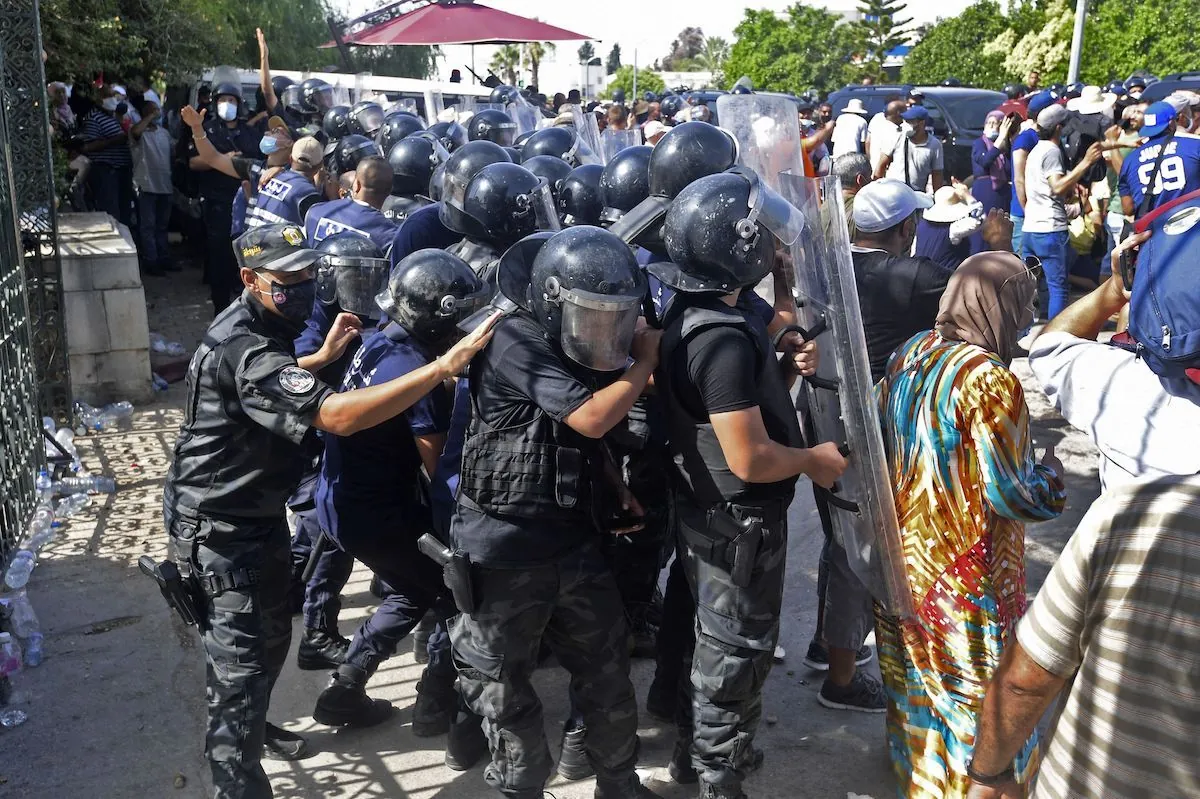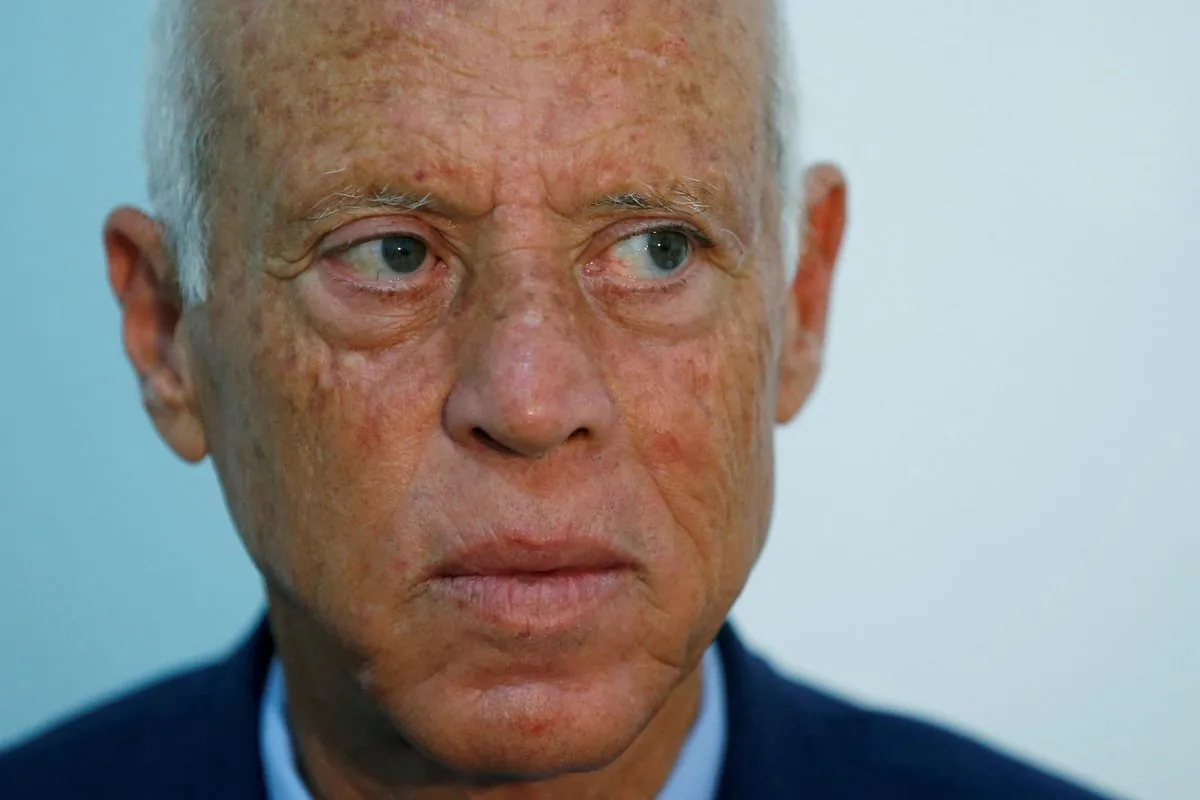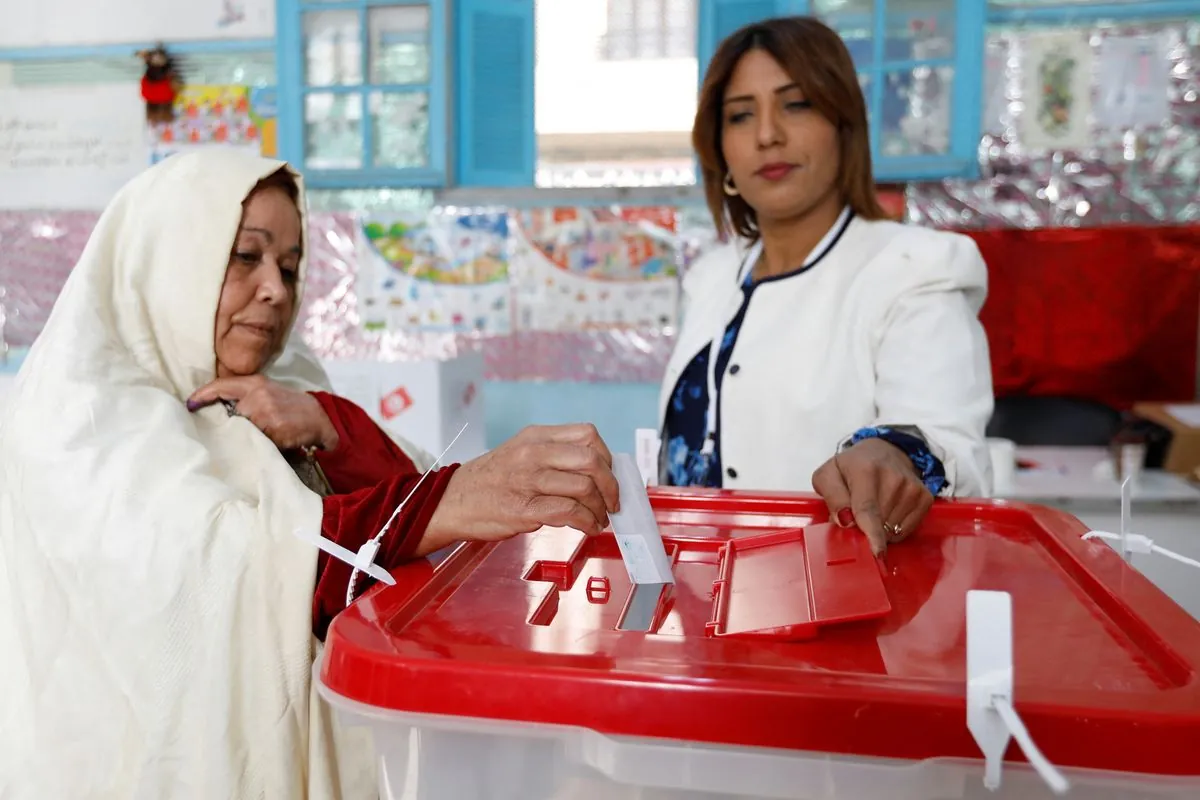Tunisian Lawmakers Propose Bill to Alter Electoral Dispute Resolution
Tunisian legislators seek to remove the administrative court's authority over election disputes, raising concerns about the upcoming presidential election's credibility amidst political tensions.

In a move that has sparked controversy, 34 Tunisian lawmakers have proposed legislation to alter the process of resolving electoral disputes. The bill, introduced on September 20, 2024, aims to strip the administrative court of its authority to adjudicate election-related issues. This development has raised significant concerns about the integrity of the upcoming presidential election scheduled for October 6, 2024.
The administrative court, widely regarded as the last bastion of judicial independence in Tunisia, has been under pressure since President Kais Saied assumed control of the judiciary in 2022. This occurred after the dissolution of the Supreme Judicial Council and the dismissal of numerous judges, actions that have been criticized as undermining the country's democratic institutions.
Political tensions have escalated in the lead-up to the election, particularly after the electoral commission, appointed by Saied, disqualified three prominent candidates: Mondher Znaidi, Abdellatif Mekki, and Imed Daimi. The commission's decision to allow only two candidates to challenge Saied has been seen as a direct challenge to the administrative court's authority.

One of the approved candidates, Ayachi Zammel, faces additional hurdles. He was sentenced to 20 months in prison on September 18, 2024, for allegedly falsifying signatures on election paperwork. Zammel maintains that the charges are politically motivated, further fueling concerns about the fairness of the electoral process.
"The electoral commission's refusal to reinstate candidates threatens to render the elections illegitimate, should any candidate appeal the election results in the administrative court."
This statement underscores the potential consequences of the proposed bill, which would transfer jurisdiction over electoral disputes from the administrative court to ordinary courts. Critics argue that this move could compromise the impartiality of election-related rulings, given concerns about the independence of the broader judiciary under Saied's administration.
Tunisia's journey towards democracy has been unique in the region. It emerged as the only country to peacefully transition to democratic leadership following the 2011 Arab Spring protests. However, Saied's actions since taking office in 2019 have raised alarms about the country's democratic trajectory.
Saied began ruling by decree in 2021, a move that opposition groups have described as a coup. Critics accuse him of manipulating state institutions, including the electoral commission and judiciary, to secure his position and stifle competition. Saied has consistently denied these allegations, asserting that his actions are aimed at combating corruption and protecting the nation's interests.
The proposed bill and the surrounding controversy highlight the complex challenges facing Tunisia's young democracy. As the country approaches a critical election, the international community watches closely, hoping for a fair and transparent process that upholds the principles of democratic governance.

Tunisia's political landscape is intrinsically linked to its rich history and cultural heritage. The country, which gained independence from France in 1956, has been at the forefront of progressive movements in the Arab world. It was the first Arab nation to abolish slavery in 1846 and to grant women the right to vote in 1957. These historical milestones underscore the country's potential for democratic innovation and social progress.
As Tunisia grapples with these political challenges, it also faces economic hurdles. The country's economy relies heavily on tourism, which accounts for approximately 8% of its GDP. Balancing economic development with political stability remains a crucial task for any future administration.
With a population of about 12 million and a diverse landscape ranging from Mediterranean beaches to the Sahara Desert, Tunisia continues to navigate the complex path of democratic consolidation. The outcome of the upcoming election and the resolution of the current political tensions will be crucial in determining the country's future direction and its role in the region.


































